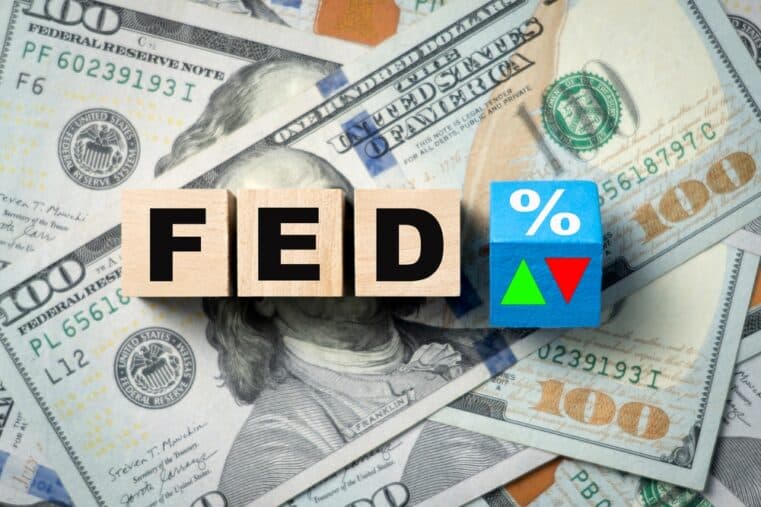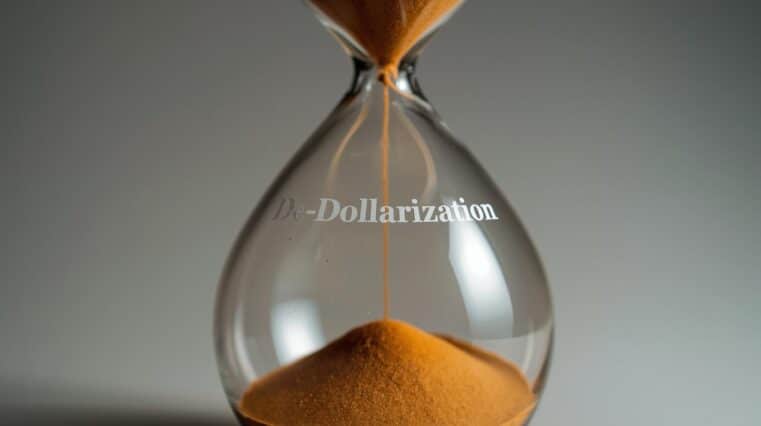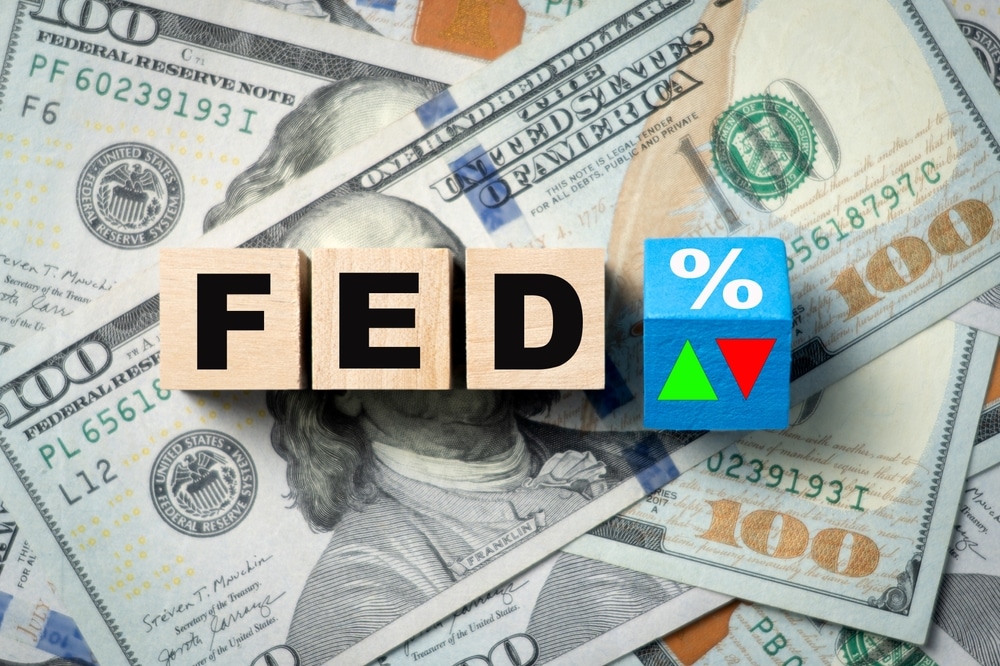
John Bolton Declares National Debt an Economic Threat to the US
In a declaration that most Americans would have found too obvious, John Bolton, National Security Advisor, advanced the notion that the national debt’s excessively high levels posed an “economic threat” to the US.
“It is a fact that when your national debt gets to the level, ours is, that it constitutes an economic threat to the society. And that kind of threat ultimately has a national security consequence for it.”
This statement is not at all surprising. And that many Americans were too distracted by the surge in equity markets to pay attention to the national debt crisis-well, that too is not at all surprising.
But let’s stop for a moment and take in the reality of this situation. You see, to many Americans, the national debt is an “abstract” problem. That is... until you view the national debt in real time.
So how fast is our national debt growing? Take a look below:
So how does the government propose to solve this problem? There are generally two approaches: Bolton is in favor of cutting government discretionary spending; though other economists point to entitlement spending as the biggest threat.
Congress sets discretionary spending on an annual basis. But entitlement spending, which is double the size of discretionary spending, is more automatic and contingent upon the demand for services.
With most of the demand for coming from America’s aging population, and with a size that wallops discretionary spending, entitlements pose a massive long-term threat not only to the US economy but, as Bolton implied, to US national security as well.
Speaking a few weeks ago at the Alexander Hamilton Society in Washington, John Bolton didn’t see any major cuts to entitlements, namely Medicare and Social Security. Bolton, however, did see the possibility of defense spending flattening out: “In the near term, the budget deficit problem is in the discretionary spending...The entitlements come in a few years and that problem’s going to have to be addressed. But right now, you can have a significant impact on both the deficit and the national debt by cutting government spending on the discretionary programs.”
Note that entitlements make up a much more significant portion of government spending. So, it’s no surprise that many proponents of smaller government disagree--perhaps even vehemently--with Bolton’s assessment.
As it currently stands, both the Congressional Budget Office (a non-partisan entity) and Goldman Sachs anticipate the deficit exceeding $1 trillion between 2019 and 2020.
The US national debt and household debt combined to constitute a clear and present threat, not only to the American way of life but to the world at large.
For some time, Americans have been clamoring to “drain the swamps.” No matter how nice the slogan, talk is cheap. When it comes to reigning in excessive debt, how many of the same Americans actually have the appetite to “eat bitter”--that is, to walk the walk?
When it comes to Social Security, there’s a much better way to pursue growth and income after retirement. Call us at GSI Exchange to learn about your options for a much brighter future.











